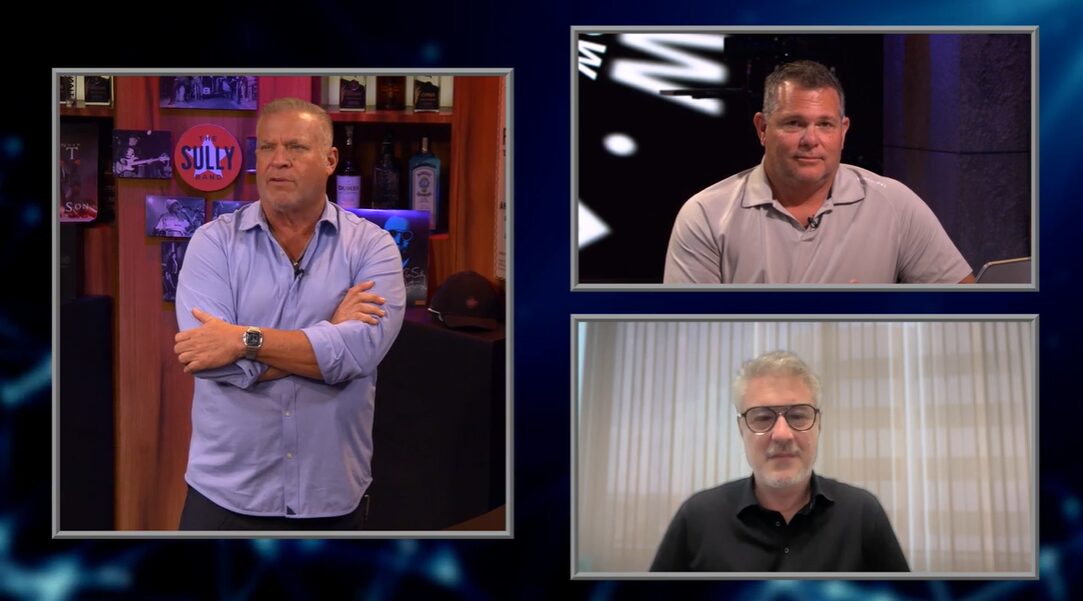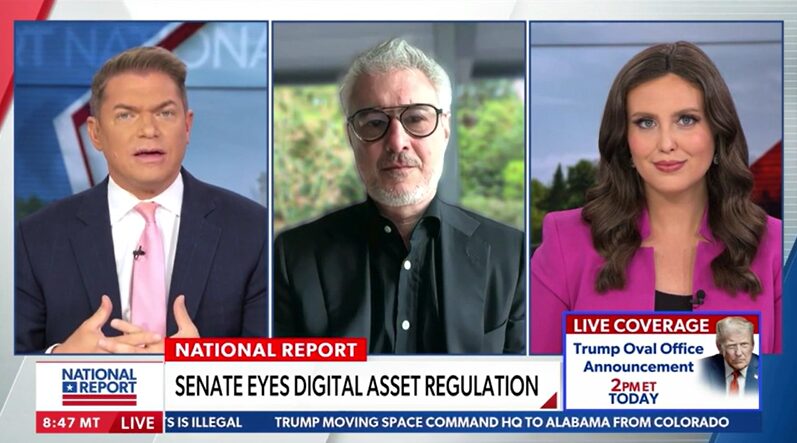Yuga Labs Faces Backlash over Bitcoin NFT Auction
03.06.2023
Market Overview:
Cryptocurrency markets on edge: what’s next?
In the past week, crypto markets have seen no major increase in market capitalization and assets are currently trading in a tight range ahead of key macro data scheduled to be released later this week. Even though price action has been relatively stagnant, there have been a number of notable developments in the world of cryptocurrency that we’d like to share.
Firstly, the BTC mining industry has made great strides in reducing its carbon footprint, with a net reduction of 1 mega ton of CO2 emissions over the past 3 months. This marks the third consecutive month of net emissions reductions, demonstrating the industry’s commitment to ESG principles.
In other news, defi has seen a drastic increase in funding from venture firms, indicating a shift in the direction of investment flow towards decentralized finance– defi has attracted 41x more capital in 2022 compared to 2020. However, digital asset investment products have seen minor outflows for the fourth consecutive week, with a total of $17 million withdrawn.
Decentraland’s second annual Metaverse Fashion Week event has been announced to take place from March 28-31, highlighting the growing potential of the metaverse as a space for entertainment and commerce.
Meanwhile, the Yuga “TwelveFold” Bitcoin NFT auction raised an impressive $16.5 million, albeit subject to scrutiny as discussed below.
Regulation-wise, it appears that Australian crypto regulations may be delayed until mid-2024, giving the industry more time to prepare for any potential changes.
Finally, stablecoin inflows into Ethereum L2 networks increased by 5% over the past couple weeks, with DeFillama reporting a total inflow of over $2 billion. It’s also worth noting that USDT has reached a new high in market value since November 2021, while BUSD has seen a 48% decrease in market value over the past 30 days.
NFT Market News:
Yuga Labs Bitcoin NFT’s Cause Controversy
Yuga Labs is facing public backlash over the launch of its new Bitcoin NFT collection called “TwelveFold.” The collection features 300 images inscribed on satoshis using the Bitcoin-native Ordinals protocol; Yuga will sell the majority of the collection in an auction.
Participants must send their bids to a BTC address controlled by Yuga. Critics say this requirement raises security concerns as Yuga must manually disburse refunds for unsuccessful bids. Some have even called the auction model a “scammers dream,” criticizing the significant price discrepancy between the highest and lowest bids. As of March 3, 2023, the top bid stands at 1.11 BTC (around $25,000) while the lowest bid is at 0.011 BTC (around $250). However, despite the criticism, many were pleased to see Yuga bridge the gap between Ethereum and Bitcoin-native NFT collections.
The controversy surrounding the “TwelveFold” auction highlights the challenges the NFT space is facing. While many were excited to see Yuga bring Bitcoin into the spotlight, the auction format served as a reminder of the need for more robust and secure auctioning mechanisms for NFTs, especially as the market continues to grow and attract more attention.
Latest News:
WELCOME FRIENDS: Hundreds of institutions and prominent individuals have invested directly in crypto, adopted the value thesis, or started building technology to support digital assets since Wave started tracking this metric in late 2020. Now the rise of the Metaverse, Decentralized Finance (DeFi), Non-Fungible Tokens (NFTs), and Decentralized Autonomous Organizations (DAOs) is driving mainstream adoption of blockchain technologies everywhere we look. We’re continuing to keep track of it every week here:
- Tokyo Kiraboshi Financial Group, Minna no Bank and The Shikoku Bank are to experiment with stablecoin payments as they work to implement a system that meets legal requirements. The banks will use a system developed by GU Technologies, a Web3 infrastructure company, on the Japan Open Chain, a public blockchain fully compatible with Ethereum that complies with Japanese law.
- One of several digital real central bank digital currency (CBDC) tests has demonstrated using a Brazilian CBDC on public blockchain. The pilot, jointly led by crypto exchange Mercado Bitcoin and Stellar blockchain, simulated delivery versus payment (DvP) transactions, in which the asset and the money exchanged simultaneously.
- Xapo Bank has integrated the Bitcoin-based Lightning Network and partnered with Lightspark, the venture helmed by former Facebook crypto lead David Marcus, adding another string to the bow of Xapo’s Gibraltar-licensed private bank and cryptocurrency custodian.
- El Salvador’s adoption of Bitcoin as legal tender in September 2021 has triggered a notable surge not only for its gross domestic product (GDP) but also for the local tourism development. According to Salvadoran Tourism Minister Morena Valdez, the tourism industry in El Salvador has surged more than 30% since the adoption of the Bitcoin law in September 2021.
REGULATORY ROUNDUP: We’re living through the era of regulatory recognition of digital assets. The legislation, litigation, and regulation happening today will dictate the entire future of our industry, and we have a historic chance to shape those changes by staying informed and exerting political influence.
- S. lawmakers are planning on reintroducing a bill that will reform the way crypto is treated for tax purposes. The bill, called the Keep Innovation in America Act and co-sponsored by U.S. Rep. Patrick McHenry (R-N.C.) and Ritchie Torres (D-N.Y.), would narrow the definition of a crypto broker for tax purposes to “any person who (for consideration) stands ready in the ordinary course of a trade or business to effect sales of digital assets at the direction of their customers,’’ a draft document of the bill said.
Disclaimer: The views and opinions expressed herein are those of the author alone and do not represent Wave Digital Assets LLC or any of its affiliates (collectively, “Wave”). The author and/or Wave may hold investment positions in some of the assets discussed. Nothing in this material or linked information should be interpreted as an offer or recommendation to buy, sell or hold any security or other financial product. This material is not intended to provide accounting, legal or tax advice. Certain information contained herein has been obtained from third-party sources, has not been independently verified and should not be viewed as being endorsed by Wave. Such information is believed to be accurate as of the date of its publication. No representation or warranty is made, express or implied, with respect to the accuracy or completeness, and readers should not place undue reliance on the information contained or linked to herein. Certain statements in this material provide predictions and there is no guarantee that such predictions are currently accurate or will ultimately be realized. Past performance is not indicative of future results.
Wave is federally regulated by the US Securities & Exchange Commission as an investment adviser. Registration with a federal or state authority does not imply a certain level of skill or training. Additional information including important disclosures about Wave Digital Assets LLC also is available on the SEC’s website at www.adviserinfo.sec.gov. Or, learn more information about Wave at www.wavegp.com.




